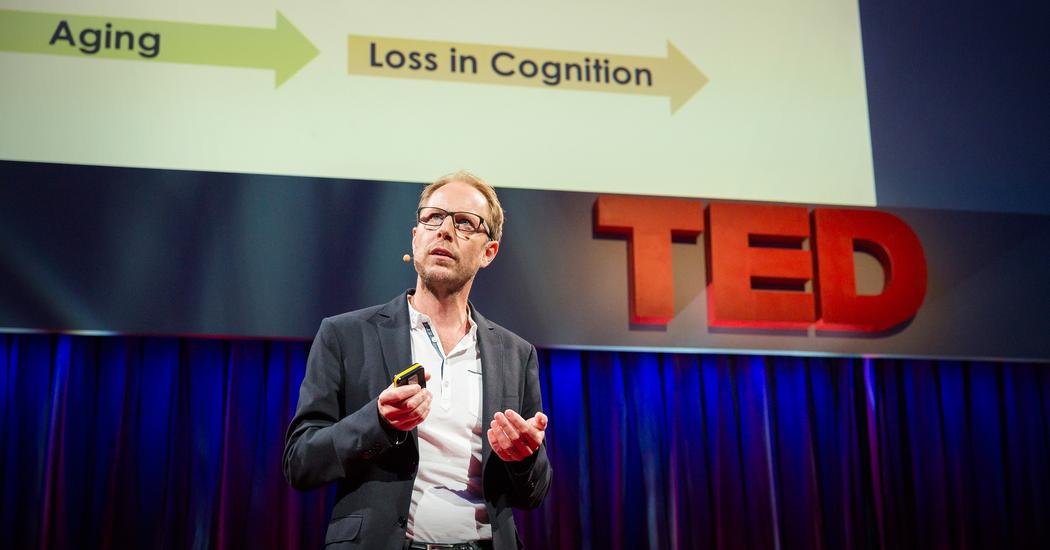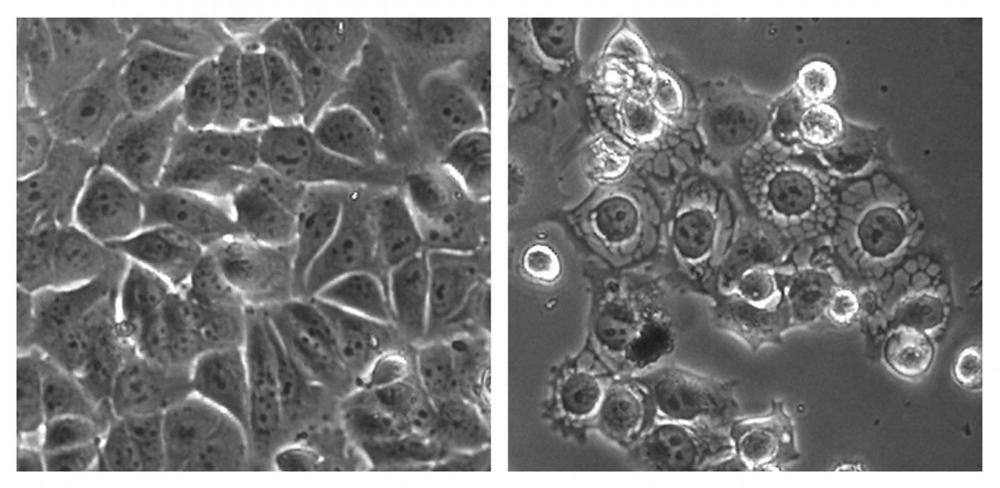Snipping out bad DNA code could prevent or even cure obesity in those people with a faulty gene, say scientists from two top US universities.


Snipping out bad DNA code could prevent or even cure obesity in those people with a faulty gene, say scientists from two top US universities.

A medication called modafinil is commonly used to treat people who experience narcolepsy, but it’s suspected that the vast majority of those who use the drug are taking it for another purpose that isn’t medically authorised: as a general cognitive enhancer for tasks such as studying or meeting a deadline.
Now a comprehensive review of the medication has looked at this ‘off licence’ use of the drug by healthy, non-sleep-deprived subjects to determine whether modafinil is safe – and to confirm whether the belief that it acts as a general-purpose ‘smart drug’ is grounded in reality.
According to researchers from the University of Oxford in the UK and Harvard Medical School in the US, modafinil delivers on both counts, constituting what’s thought to be the first safe smart drug that can provide demonstrable cognitive and concentration benefits. Brainpower in a pill, in other words.

SCIENTISTS have discovered MRI scanners, often used to diagnose cancer, can actually help combat the disease and with less side effects than some current treatments.
https://soundcloud.com/a16z/a16z-podcast-techs-big-ideas-and-the-swallow-the-red-pill-moment-with-dan-siroker-and-marc-andreessen

If cancer is predominantly a random process, then why don’t organisms with thousands of times more cells suffer more from cancer? Large species like whales and elephants generally live longer, not shorter lives, so how are they protected against the threat of cancer?
While we have a great deal more to learn when it comes to cancer biology, the general belief is that it arises first from mutation. It’s becoming clear it’s actually an incredibly complicated process, requiring a range of variable factors such as mutation, epigenetic alteration and local environment change (like inflammation). While some students may have spent sleepless nights wondering how many mutated cells they contain after learning the fallibility of our replication mechanisms, the reality is that with such an error rate we should all be ridden with cancer in childhood — but we’re not. Our canine companions sadly often succumb around their 1st decade, but humans are actually comparatively good at dealing with cancer. We live a relatively long time in the mammal kingdom for our size and even in a modern environment, it’s predominantly an age-related disease.
While evolution may have honed replication accuracy, life itself requires ‘imperfection’ to evolve. We needed those occasional errors in germ cells to allow evolution. If keeping the odd error is either preferable or essentially not worth the energy tackling when you’re dealing with tens of trillions of cells, then clearly there is more to the story than mutation. In order to maintain a multi-cellular organism for a long enough period, considering that errors are essentially inevitable, other mechanisms must be in place to remove or quarantine problematic cells.

Tony Wyss-Coray studies the impact of aging on the human body and brain. In this eye-opening talk, he shares new research from his Stanford lab and other teams which shows that a solution for some of the less great aspects of old age might actually lie within us all.

Scientists at Ohio State University say they’ve grown the first near-complete human brain in a lab.
The brain organoid, if licensed for commercial lab use, could help speed research for neurological diseases and disorders, like Alzheimer’s and autism, Rene Anand, an Ohio State professor who worked on the project, said in a statement Tuesday.
“We will have a more precise prediction of efficacy of therapy and possible side effects before we do clinical trials,” Anand told The Huffington Post via email, explaining how his model is a more ethical alternative to trials that use rodent specimens. Anand said reducing the use of animals improves research as they’re “not as likely to predict clinical outcomes as human brain models.”

A lab-grown brain is the most complete ever developed, equivalent to the brain maturity of a five-week-old foetus.

Cancer requires extensive and fast division in order to become a serious threat, but this feature also renders it vulnerable, allowing certain growth pathways to be targeted. A new drug candidate has emerged which exploits this weakness, overstimulating proteins required for growth — tipping cellular stress in virulent cancer cells over the edge.
“No prior drug has been previously developed or proposed that actually stimulates an oncogene to promote therapy. Our prototype drug works in multiple types of cancers and encourages us that this could be a more general addition to the cancer drug arsenal.”
Many types of cancer require specific mutations in genes related to growth, and one particular target is the steroid receptor coactivator (SRC) family of oncogenes. These lie at the centre of signalling pathways used to grow rapidly, and conventional research has focused on inhibiting them to prevent tumour growth. Instead of inhibiting, this new strategy aims to upregulate their activity, overstimulating them to an extent that destroys the host cell. In their search for a suitable molecule which might cause such stimulation, researchers stumbled across a compound labeled MCB-613.
Lifespan.io is running a SENS fundraiser to aid research into Mitochondrial repair. This is a new fundraiser platform to help get important regenerative medicine research funded and underway. Let us hope this is the start of how research could be funded and that it opens up faster progress.
Engineering backup copies of mitochondrial genes to place in the nucleus of the cell, aiming to prevent age-related damage and restore lost mitochondrial function.